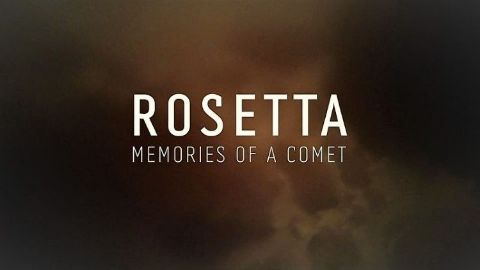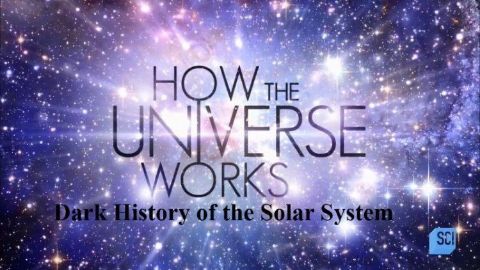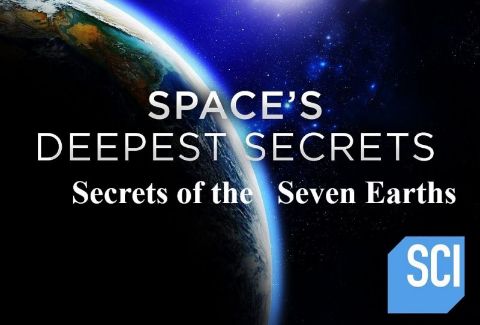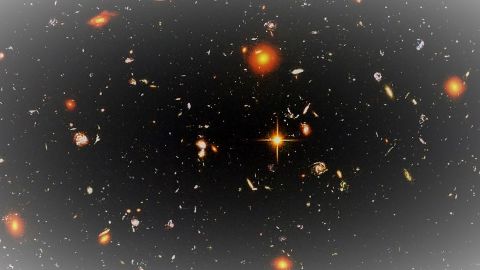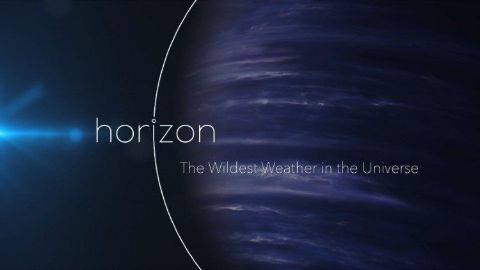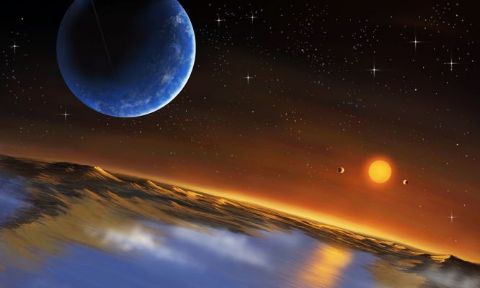Second Genesis: The Quest for Life Beyond Earth • 2017
Second Genesis follows planetary scientist Carolyn Porco as she explores what it takes to look for life beyond Earth, and what conditions are required for life to exist. Porco makes the case that Saturn’s moon Enceladus—with its plumes of water vapor spewing into space, confirmed organic materials, and evidence of hydrothermal vents at the bottom of its liquid ocean—is the most promising place to look. Could Enceladus be the key to proving once and for all that life is not unique to Earth? And what it would mean—both scientifically, and spiritually—if we found evidence of a true second genesis right here in our own galactic back yard?
Make a donation
Buy a brother a hot coffee? Or a cold beer?
Hope you're finding these documentaries fascinating and eye-opening. It's just me, working hard behind the scenes to bring you this enriching content.
Running and maintaining a website like this takes time and resources. That's why I'm reaching out to you. If you appreciate what I do and would like to support my efforts, would you consider "buying me a coffee"?
Donation addresses
BTC: bc1q8ldskxh4x9qnddhcrgcun8rtvddeldm2a07r2v
ETH: 0x5CCAAA1afc5c5D814129d99277dDb5A979672116
With your donation through , you can show your appreciation and help me keep this project going. Every contribution, no matter how small, makes a significant impact. It goes directly towards covering server costs.
